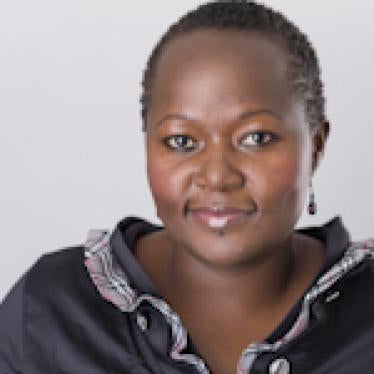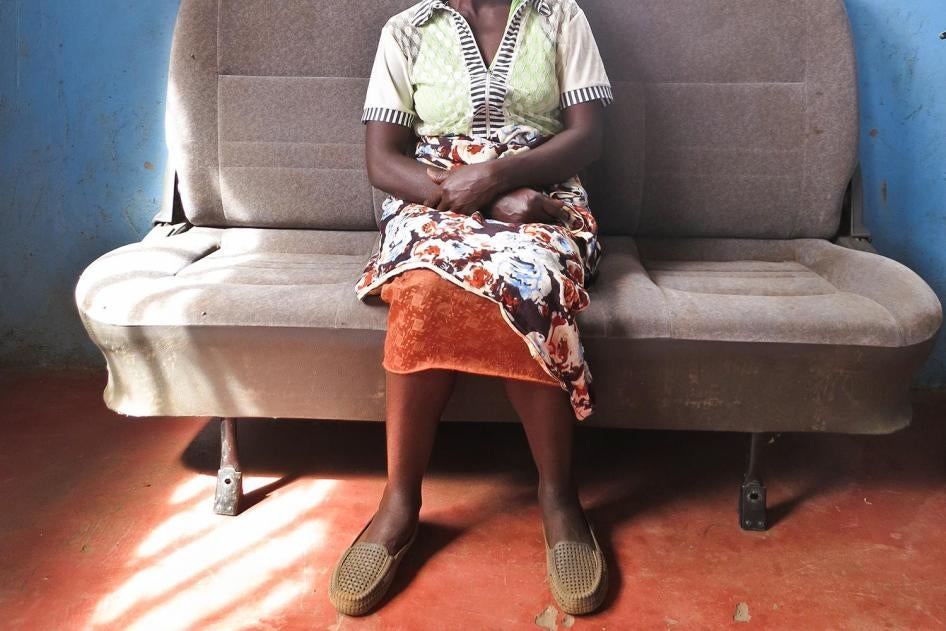Akinyi was only 11 years old when three men broke into her home in Kericho, Kenya, in December 2007, as post-election violence raged, and gang raped her and her mother. Akinyi became pregnant, but did not want anything to do with the baby girl she bore.
“She left the child and went to Mombasa in 2009,” her mother, Aoko, said. “She has never returned. When she calls home and I mention the child, she disconnects the call…. I don’t think her heart will ever like this baby.”
Last week, the United Nations and world leaders commemorated 20 years of work to protect children in conflict situations, stressing progress in the protection of girls who survive sexual violence. Unmentioned was the plight of children born from rape during conflict or political violence.
Last year, I documented the difficulties faced by these children in Kenya. They were born following widespread rape of women and girls between December 2007 and February 2008, in the political violence and serious abuses that erupted in the wake of the disputed presidential election. Akinyi and her mother were among some 40 women and girls I spoke with.
Women described complex relationships with children they had due to rape, often conflicting emotions of love and hate. “What should I do with this rape child?” one woman asked me. “I feel bad about having this child, but I love her. She reminds me of the rape but she is my child. Sometimes ... I want to hit her with an object and hurt her and she dies.”
I found these children face stigma, rejection, and physical and verbal abuse by immediate and extended families, as well as the wider communities. Because of this, they may experience problems getting food, going to school, or accessing health care. Some do not have birth certificates that are important for accessing government services – officials will often demand the name of the father that they do not know when applying to get a birth certificate.
Assistance to victims of Kenya’s 2007 election violence has largely ignored the particular vulnerabilities and needs of children born from rape. The Kenyan government needs to do more to protect these vulnerable children, in part by supporting their mothers. A woman who is abused, scorned, or abandoned following rape, or has lost her home and property during a conflict, is less likely to accept and support her child. The government should ensure these children have access to health care and education, as well as birth registration, and that their mothers and families can receive psychosocial care.
Protecting children during times of political violence should include protecting children born from related rape, too. Kenya, and its development partners, should be strong voices for them and work to ensure they receive protection and assistance.










